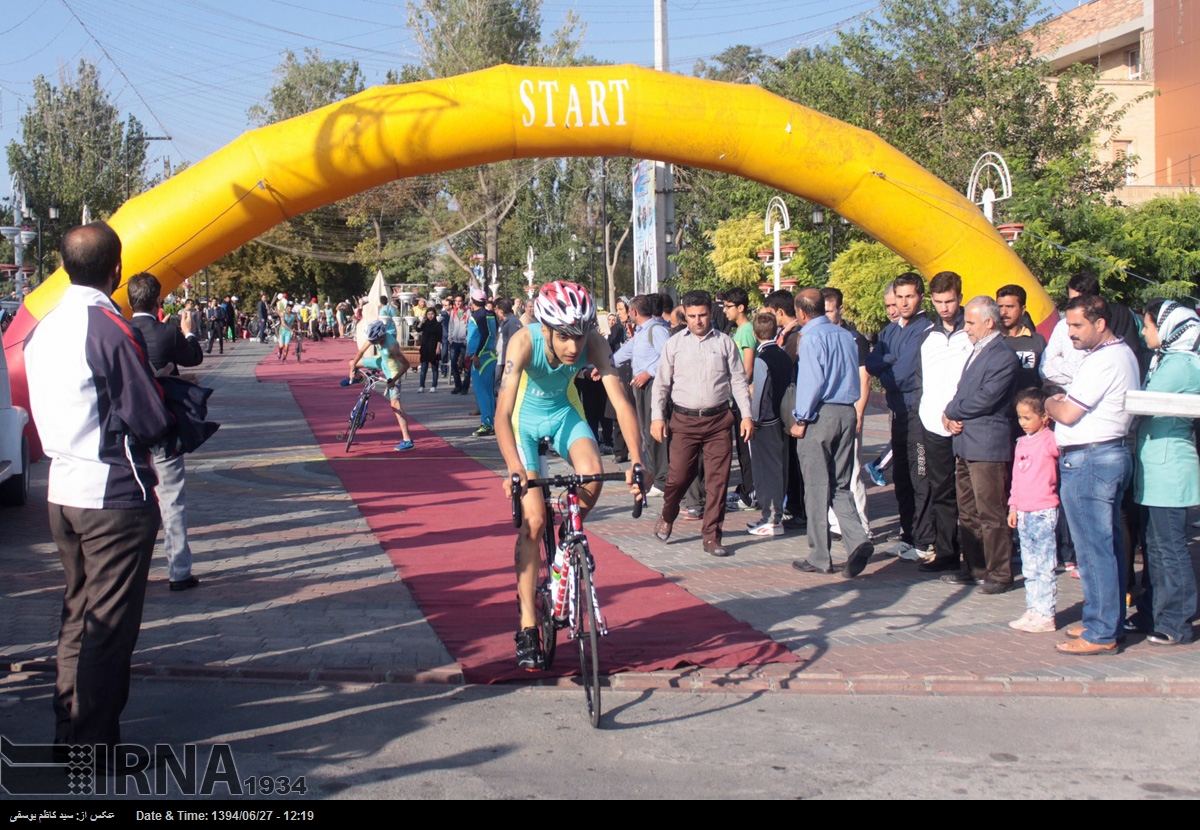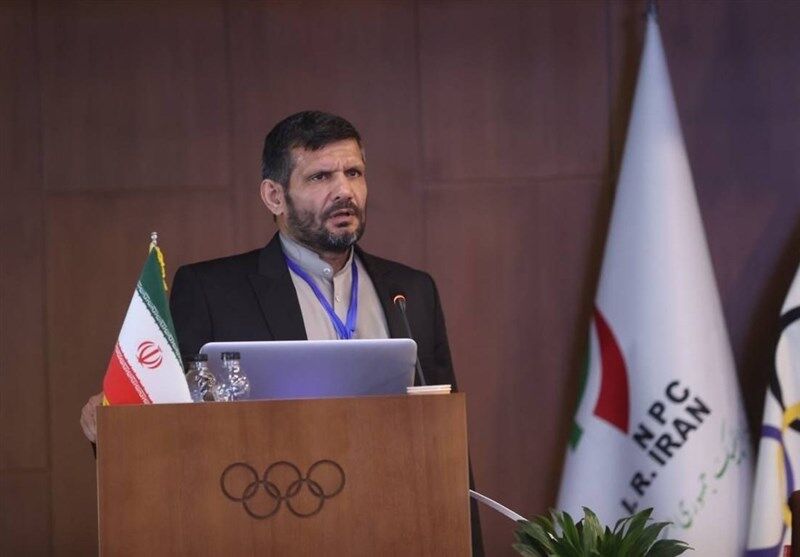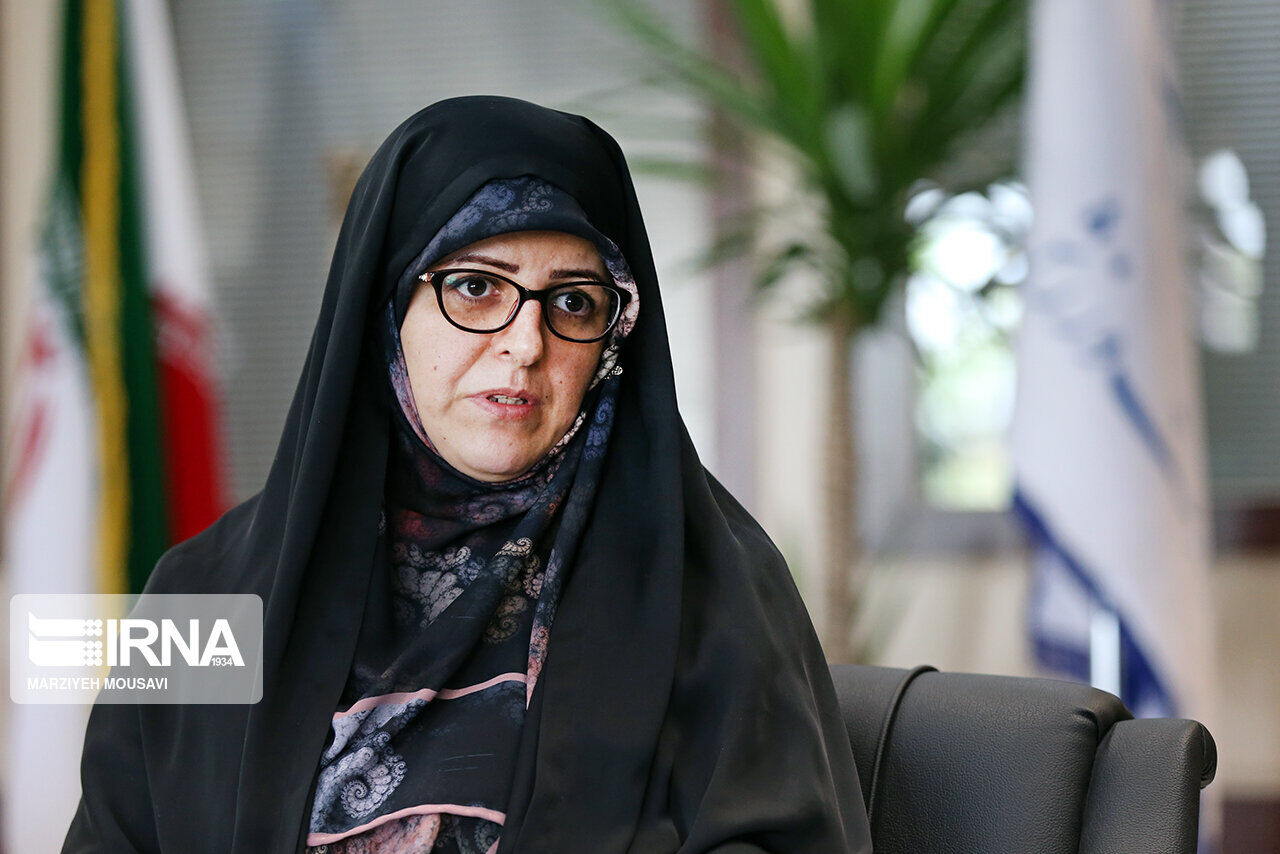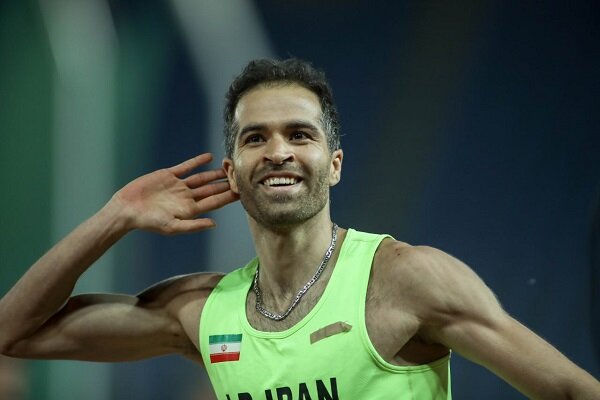Eurovision organisers: We've not told Israel to withdraw from next year's contest
Eurovision organisers: We've not told Israel to withdraw from next year's contest

The organisers of Eurovision have denied reports in the Israeli media that they suggested the country could compete at the song contest under a neutral flag or withdraw from next year's song competition.
Israeli outlet Ynet reported on Sunday that the European Broadcasting Union (EBU), which oversees the event, had sent an "unofficial" message to Israeli broadcaster Kan, suggesting they either withdraw from the 2026 contest or use a neutral flag to avoid a "humiliating elimination".
Ynet reported that the flag could bear the logo of Kan, which represents Israel at the EBU, to downplay the country's involvement.
However, the EBU told Middle East Eye in a statement that the Ynet story was "false" and that the broadcaster had made no such suggestion, either officially or unofficially, to Kan.
“The EBU has not made any proposals to Kan regarding participation in next year’s Eurovision Song Contest. A consultation with the wider EBU membership is ongoing and no decisions will be made until the process concludes," it said.
The broadcaster added that it would contact Ynet and ask it to correct the story.
This comes as the EBU grapples with how several countries, including the Netherlands, Spain and Ireland, have said they will not compete if Israel participates.
The EBU said in July it was launching a consultation with all members about the issue, which is likely to be a central concern at its General Assembly in Geneva in December.
"Broadcasters have until mid-December to confirm if they wish to take part in next year's event in Vienna," Eurovision director Martin Green told AFP on Friday.
"It is up to each member to decide if they want to take part in the contest, and we would respect any decision broadcasters make."
Eurovision boycott looms?
The next edition of the contest will be the 70th anniversary and is due to take place in May 2026 in Austria's capital Vienna, after Austrian entry JJ won with his song Wasted Love.
However, the staging of the contest remains in doubt if mounting anger over the death toll in Gaza - now at more than 64,000 - forces enough countries to pull out.
On Monday, Spanish Culture Minister Ernest Urtasun reiterated his country's opposition to Israel taking part in the contest.
“We have to ensure that Israel does not take part in the next edition of Eurovision," he said during an interview with Spanish public radio.
"Just as Ireland, Slovenia, Iceland and also the Netherlands have already done, if we do not succeed in expelling Israel, Spain should not participate."
Any such move by Spain would be hugely damaging: it, along with the UK, France, Germany, and Italy, forms the group known as the Big Five, contributing the most financially to Eurovision and qualifying automatically for each contest.
Last week, MEE contacted the UK's Department for Culture, Media and Sport for comment on the controversy, but was told it would not comment and deferred to the BBC, which oversees the UK's involvement in Eurovision. The BBC also said it would not be commenting.
MEE also contacted French national broadcaster France TV, but received no response.













